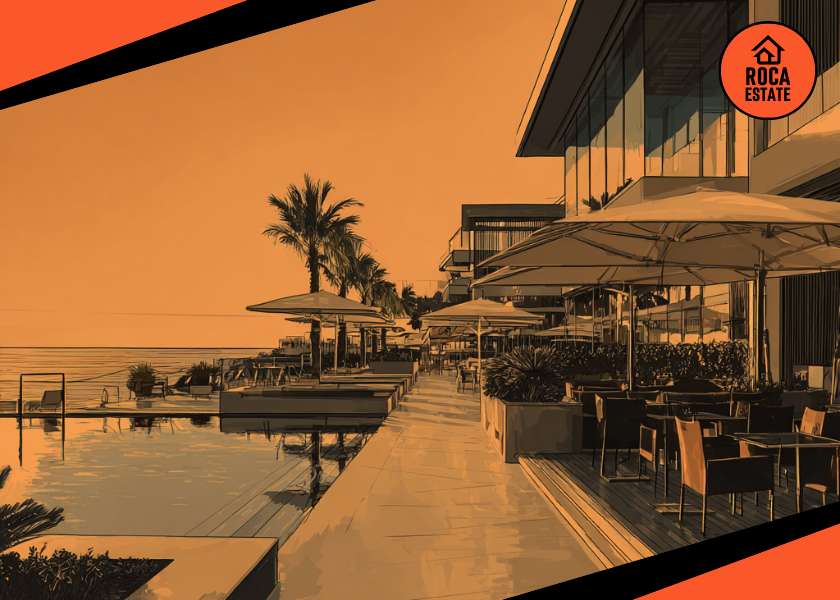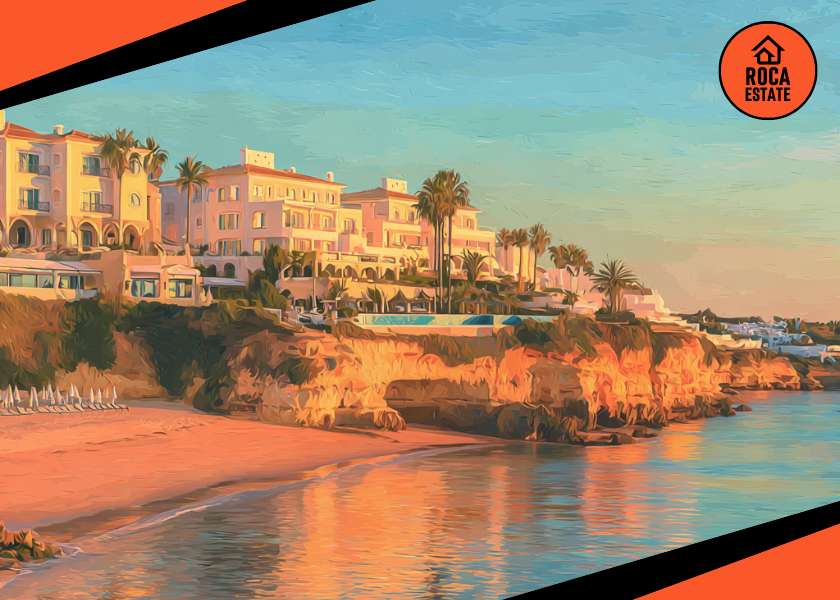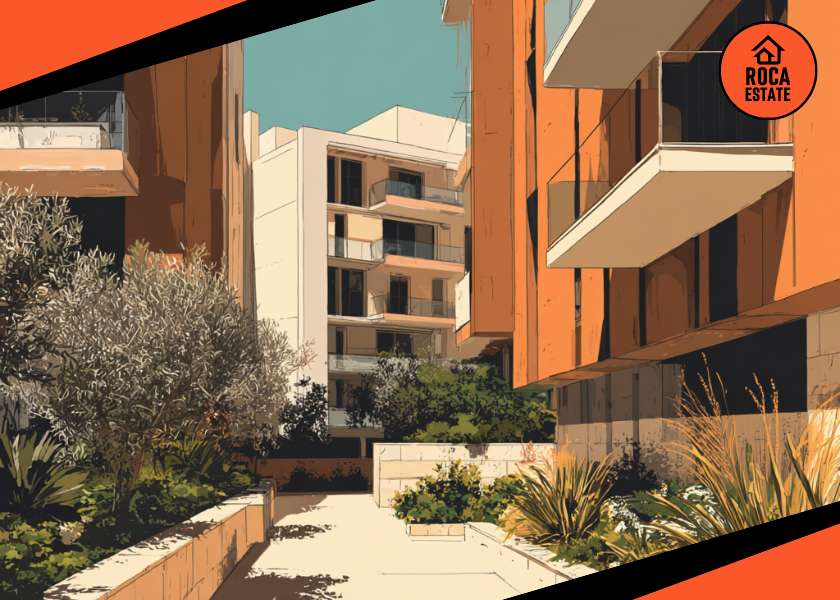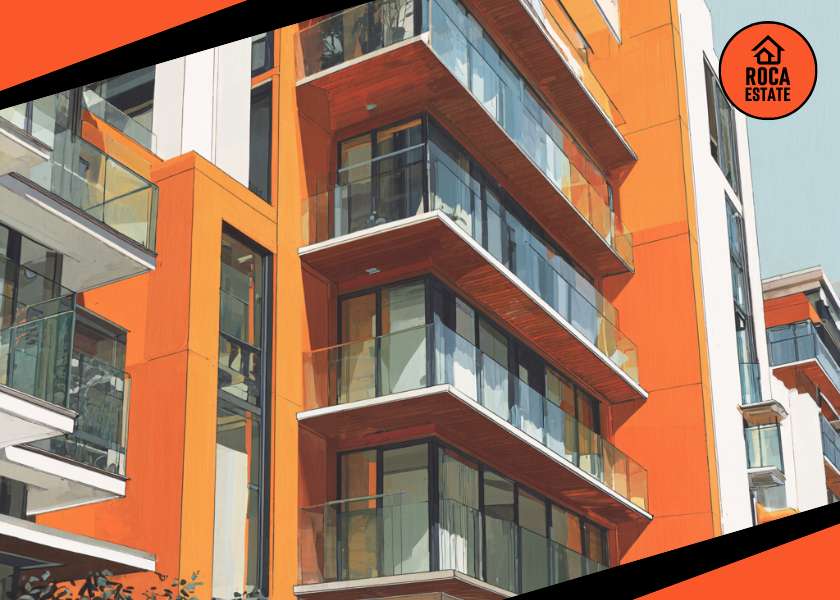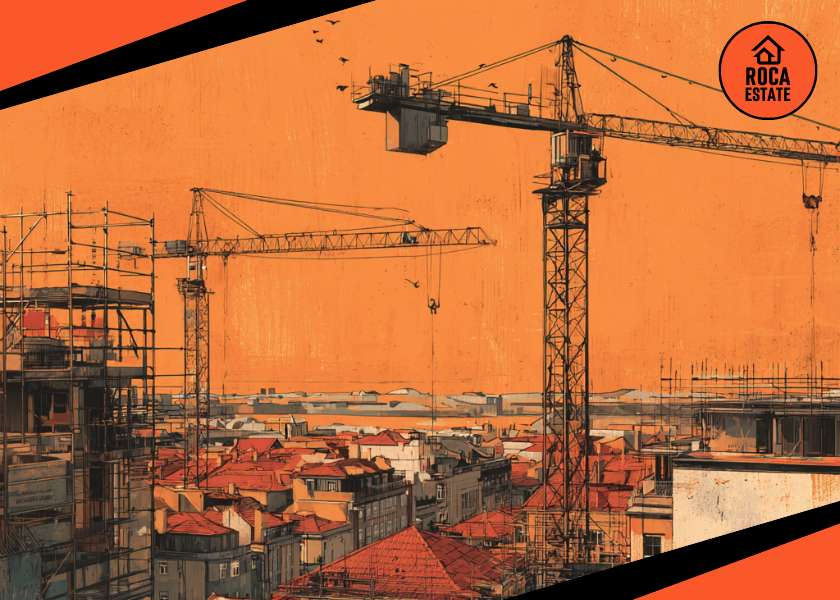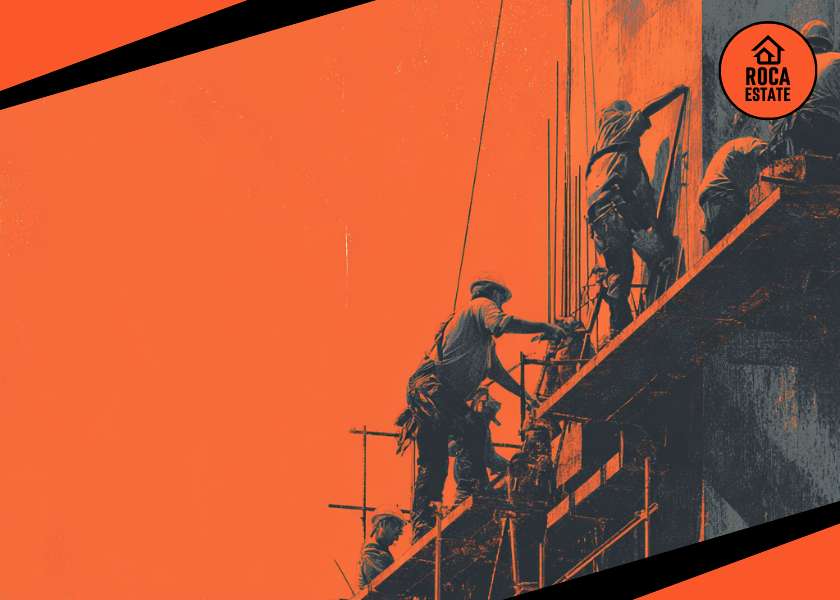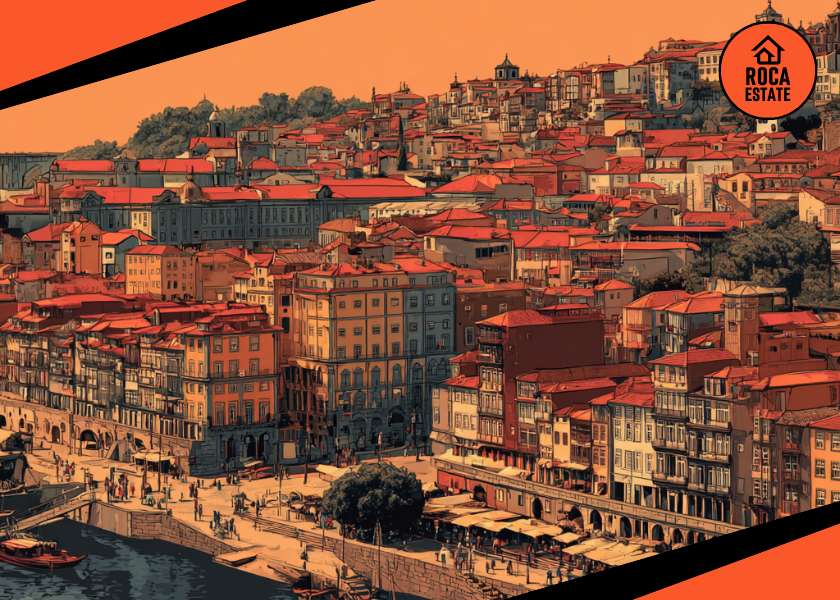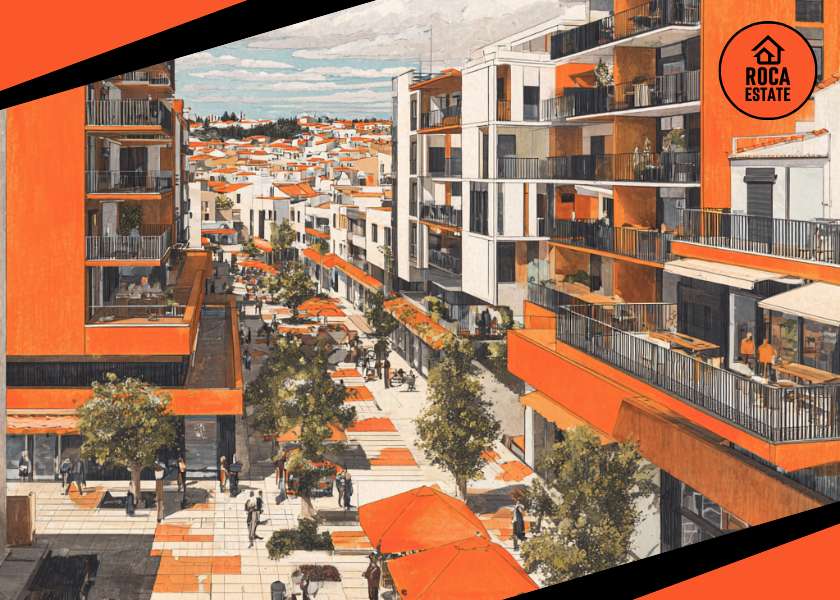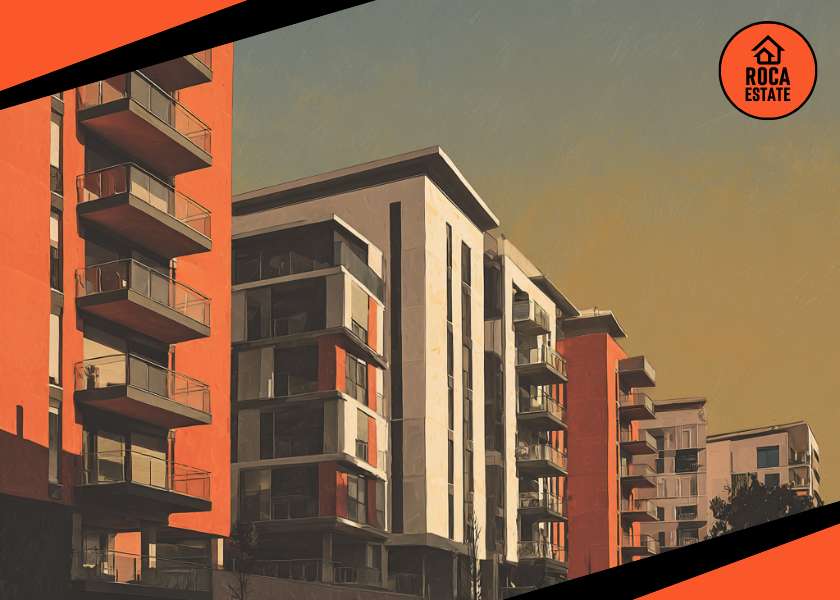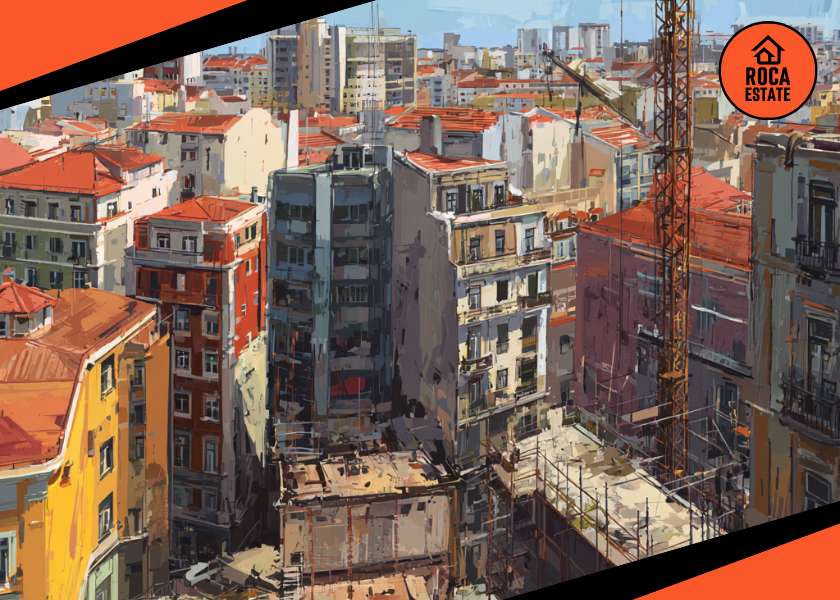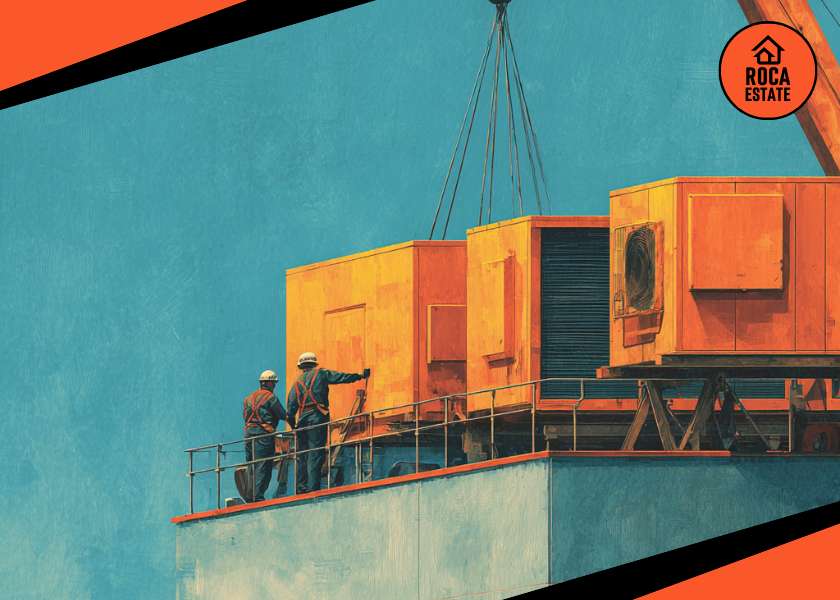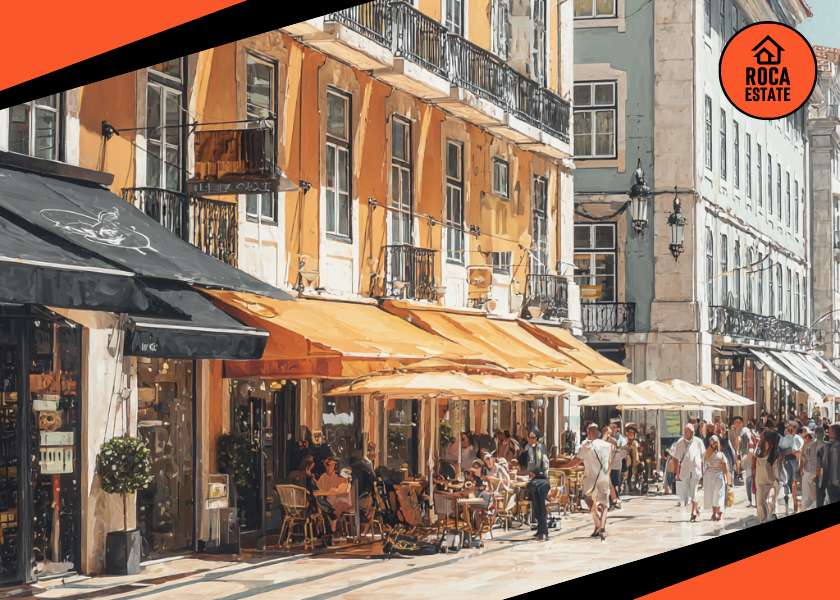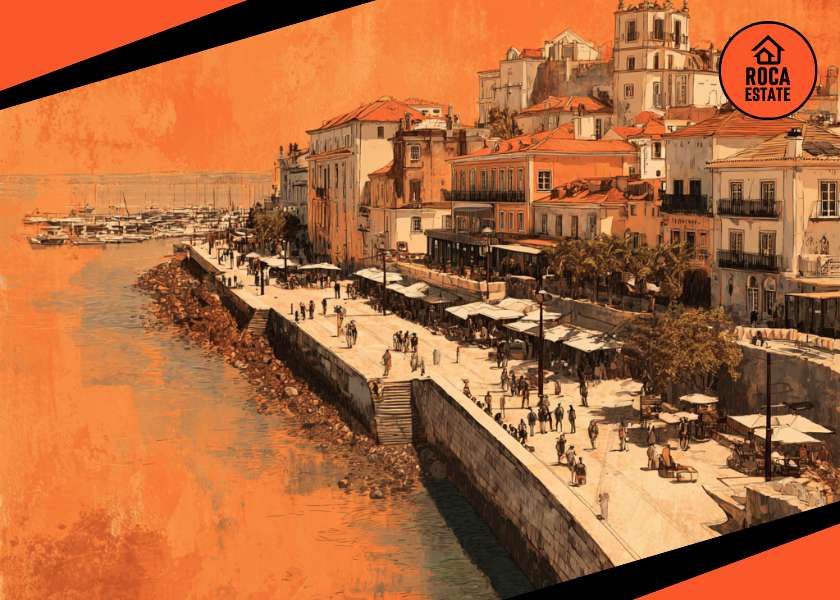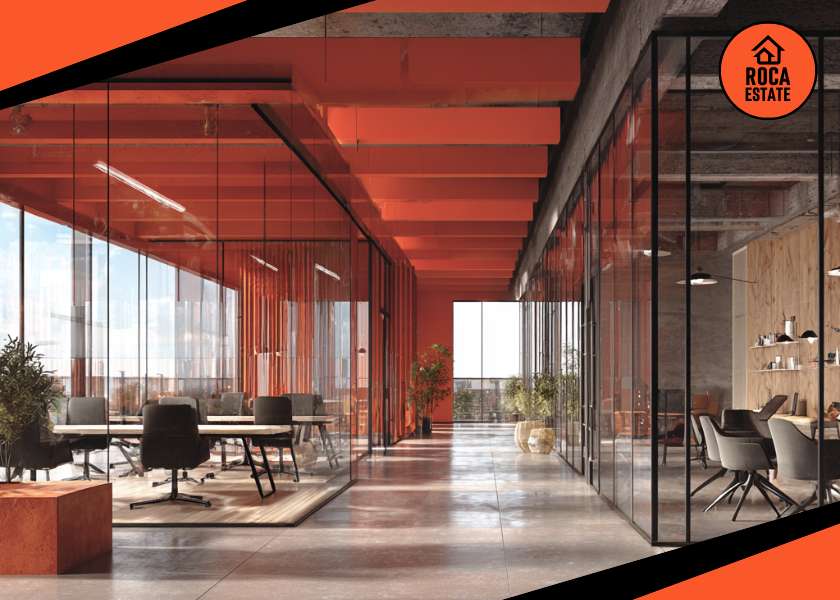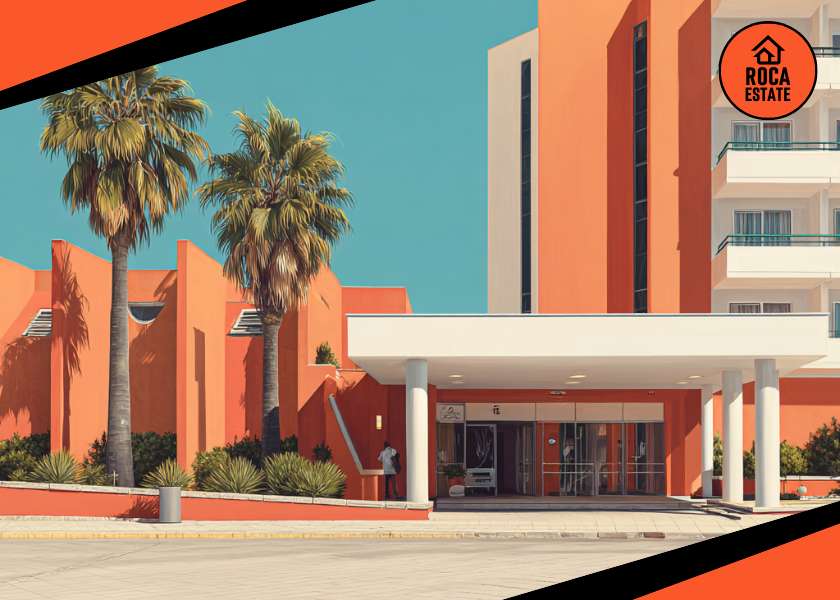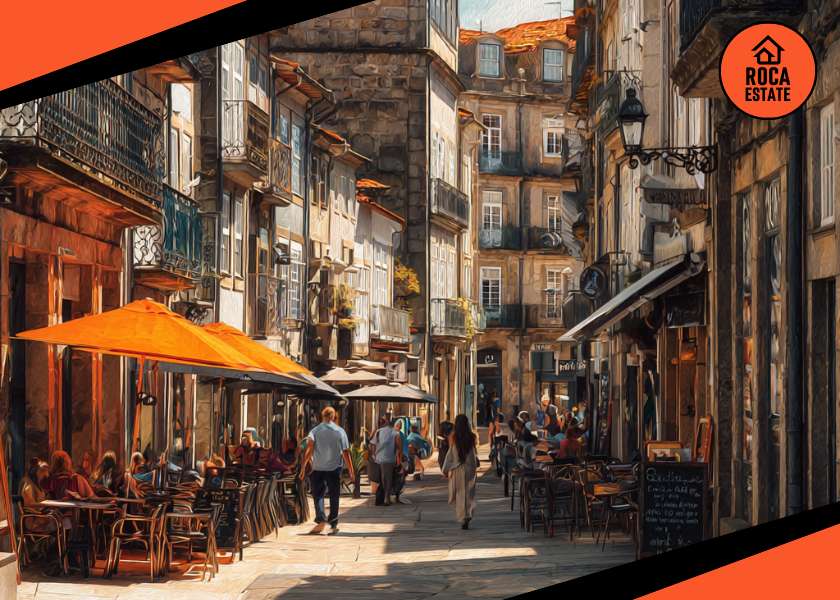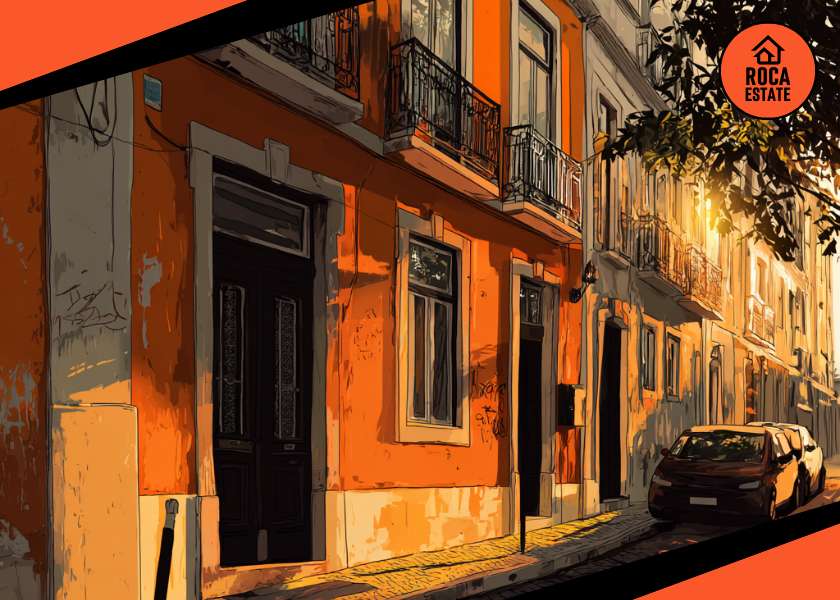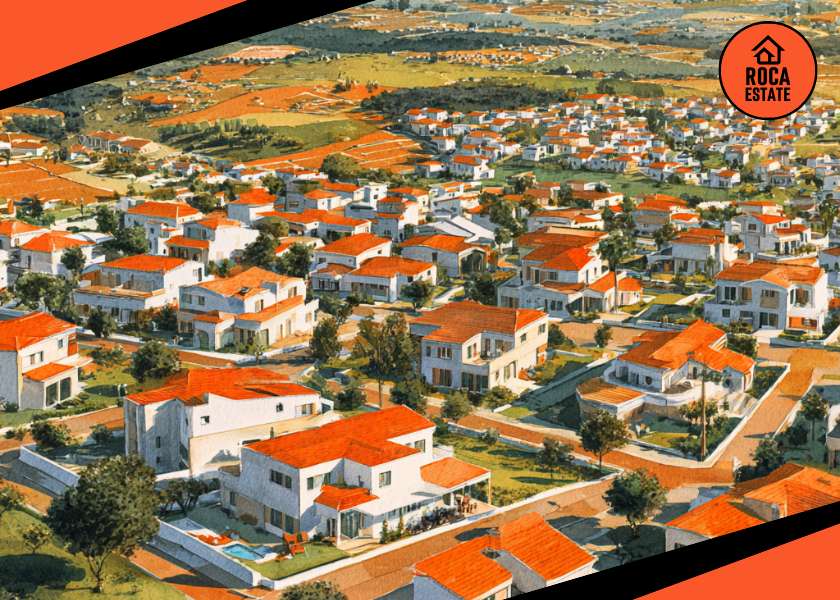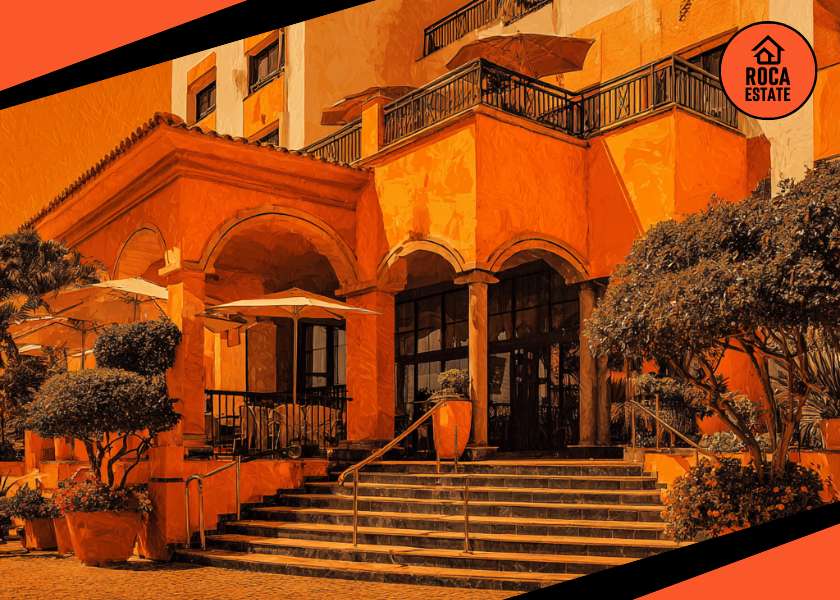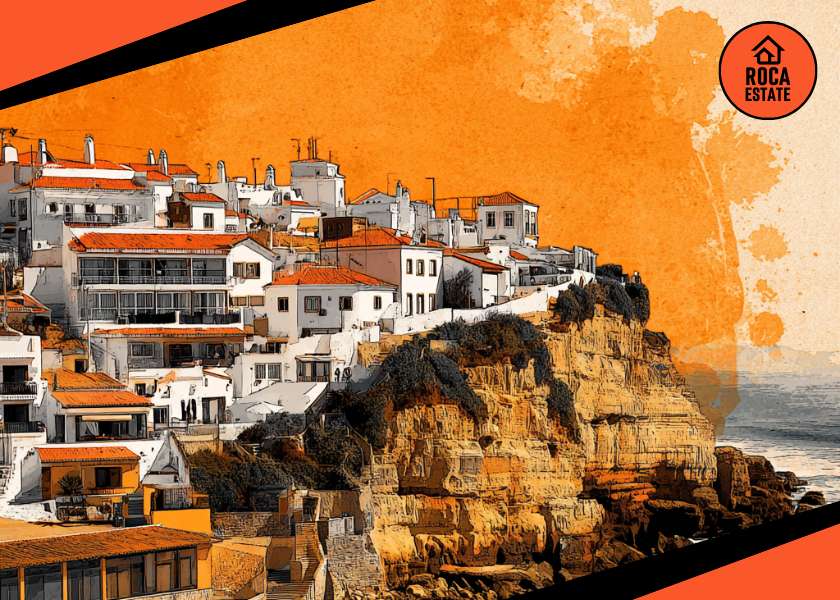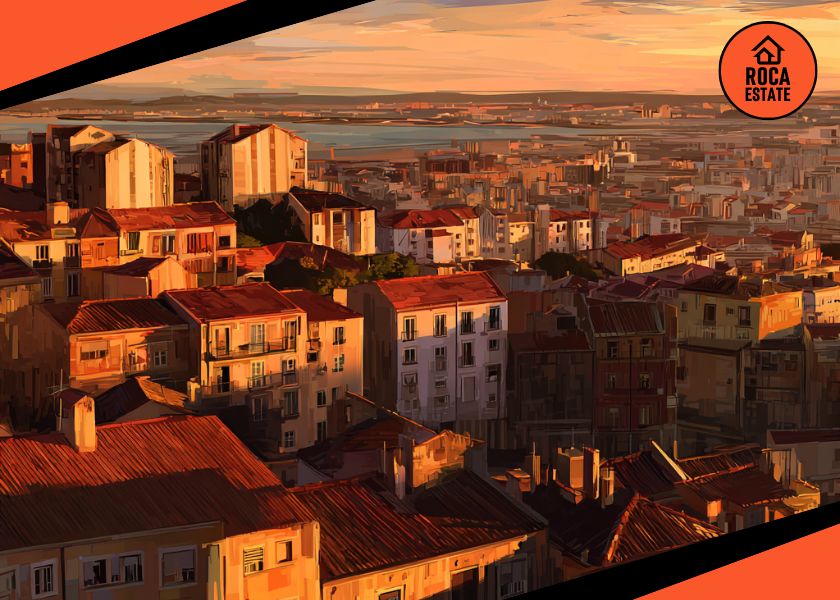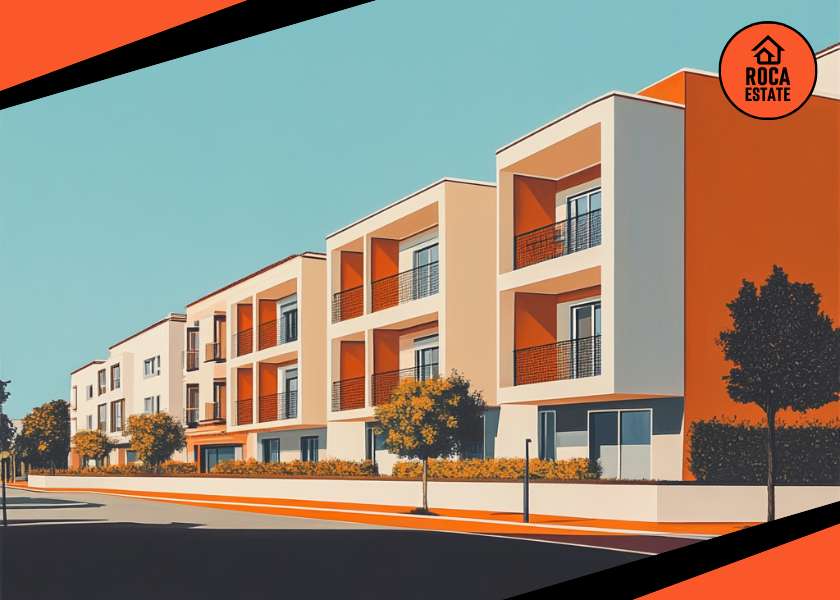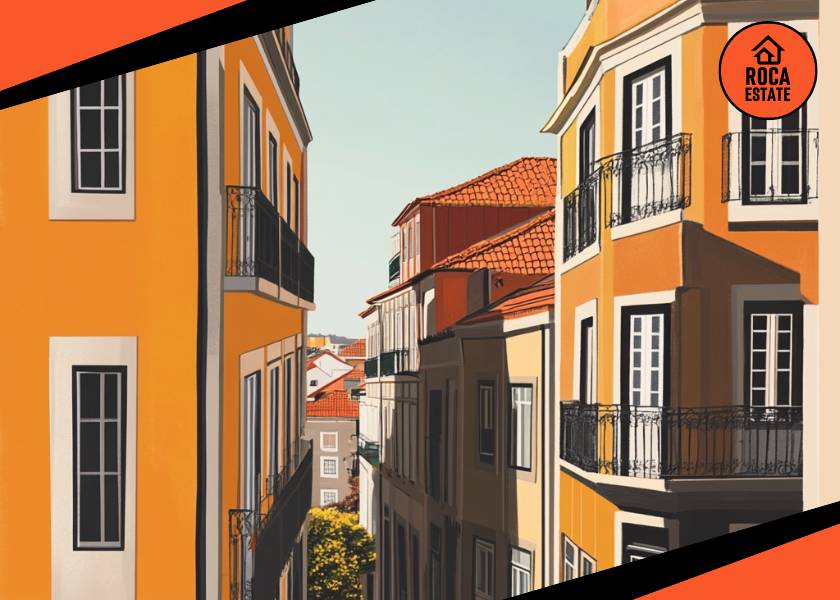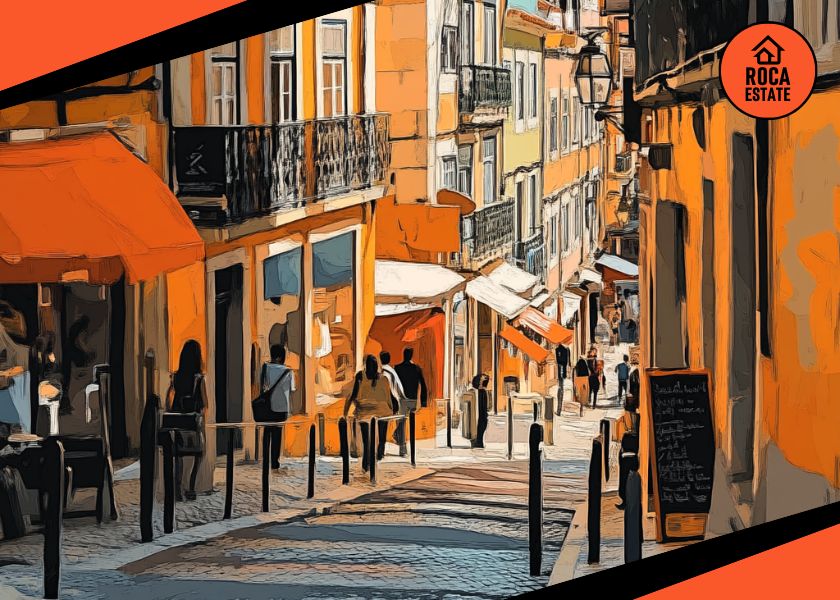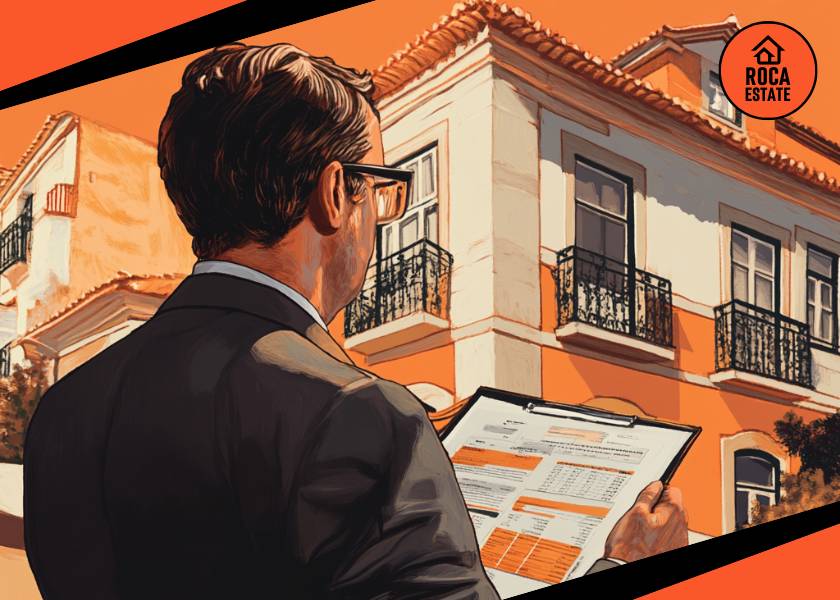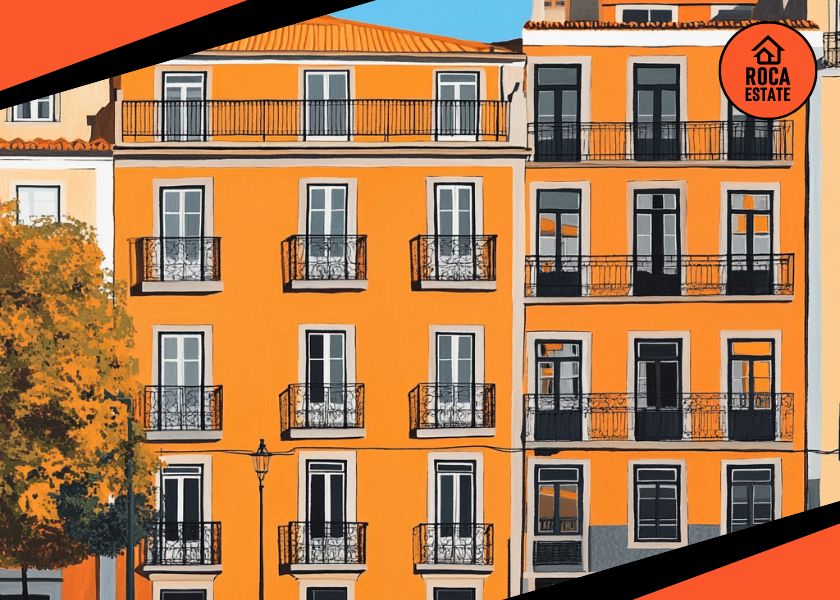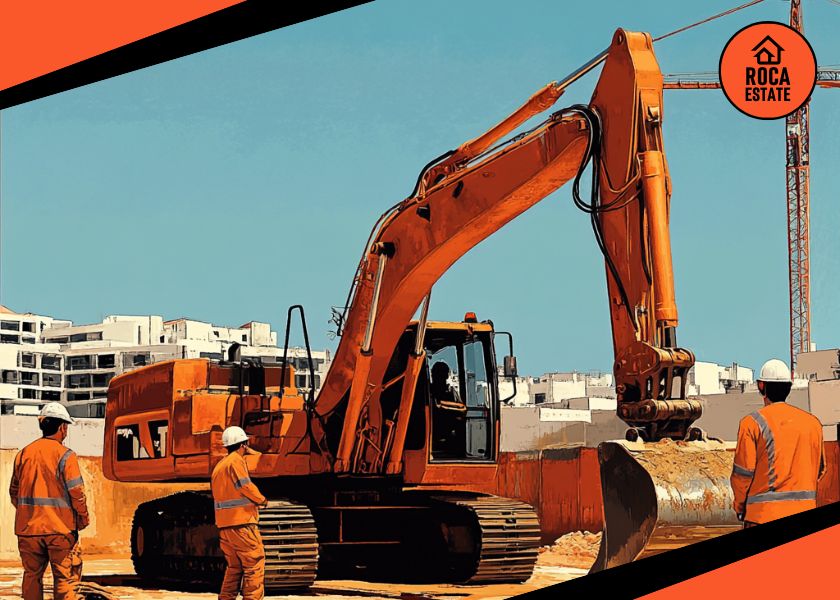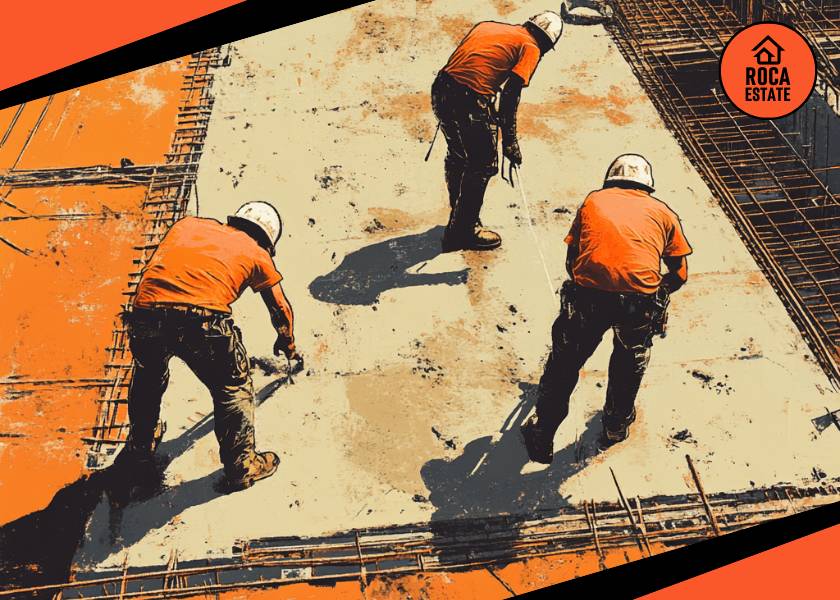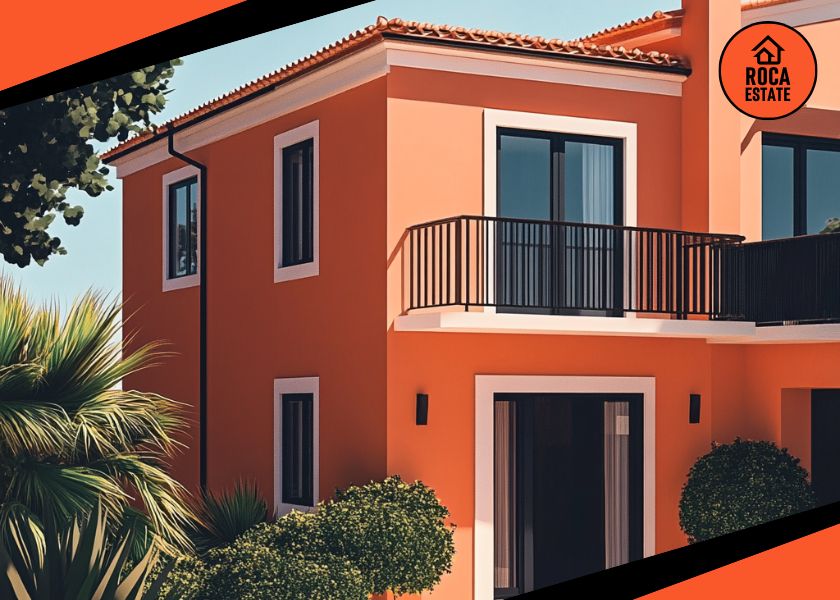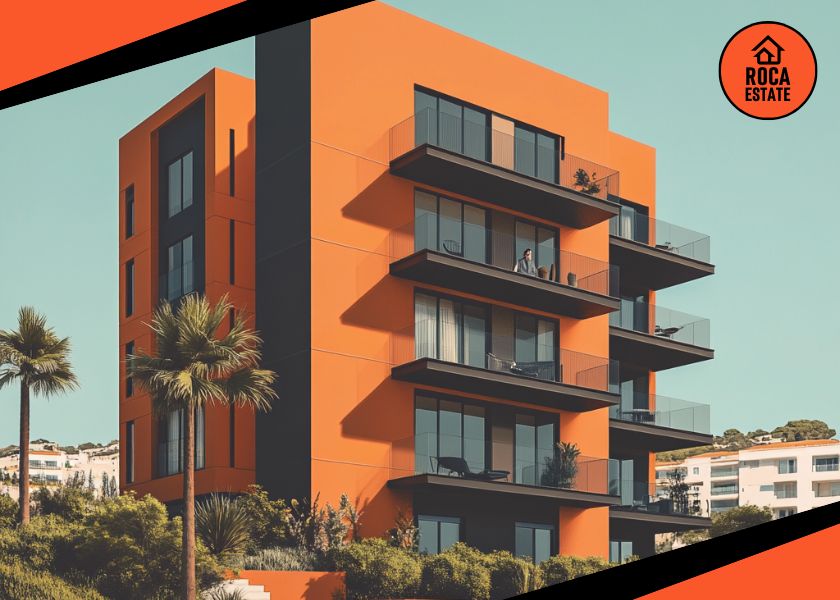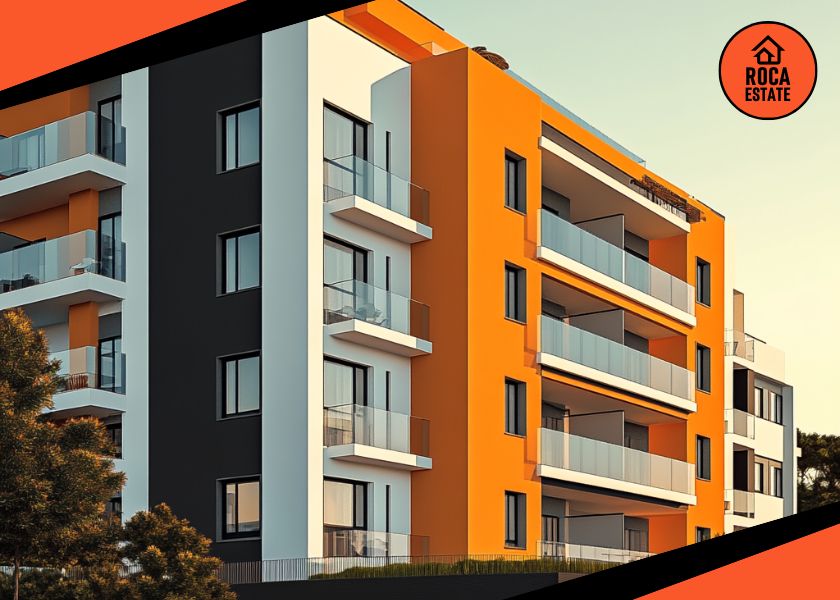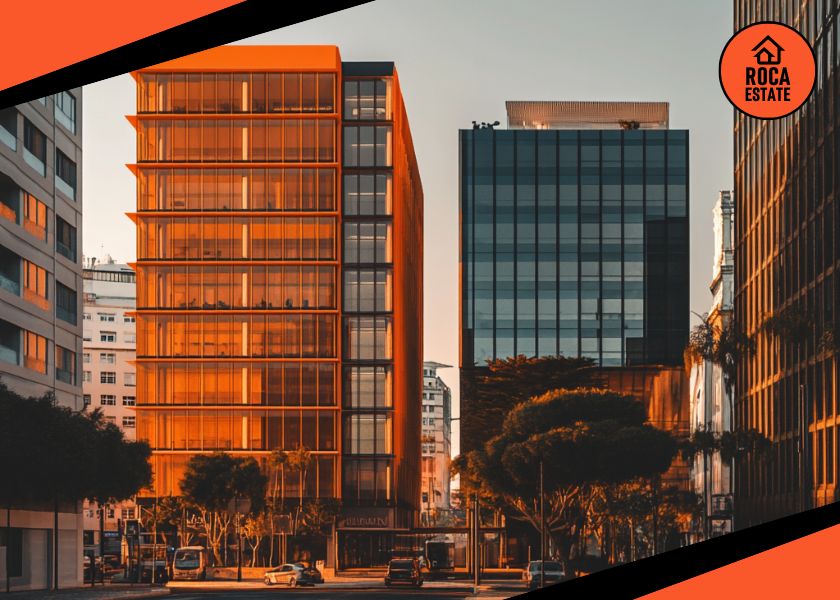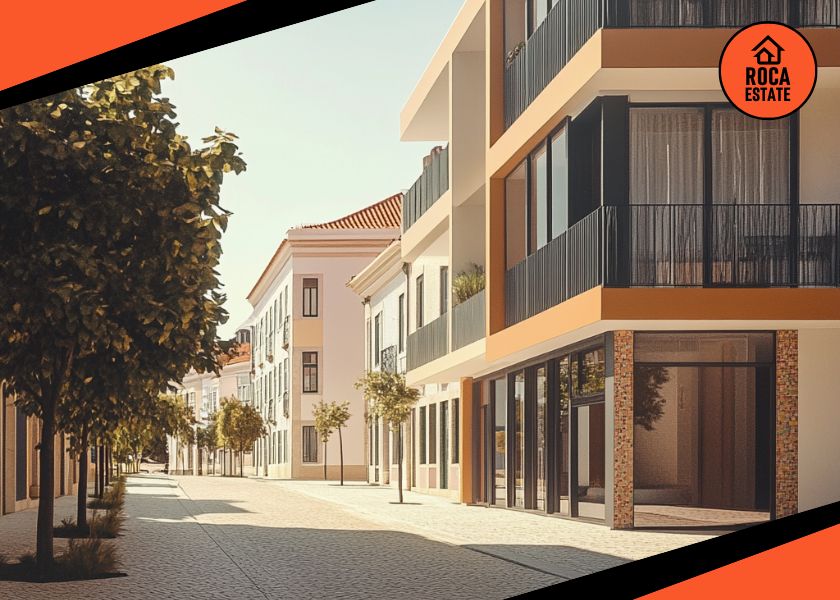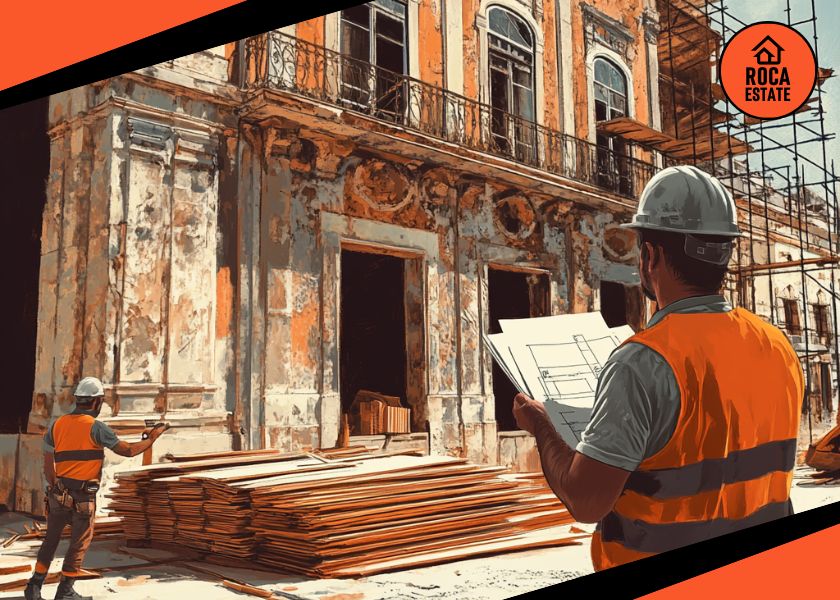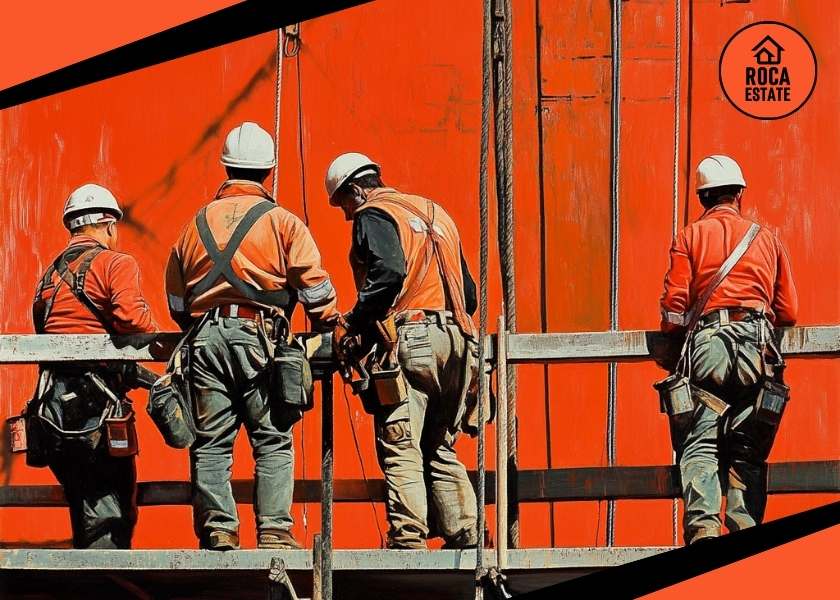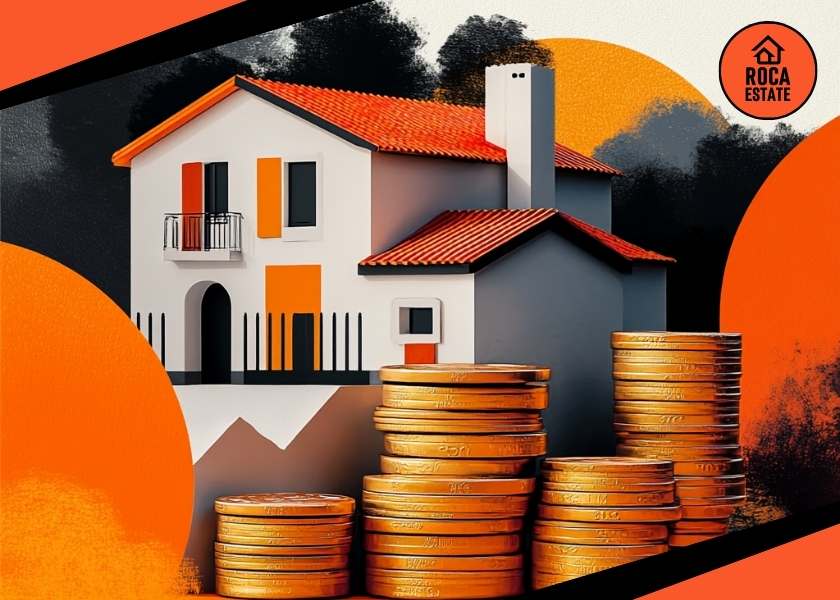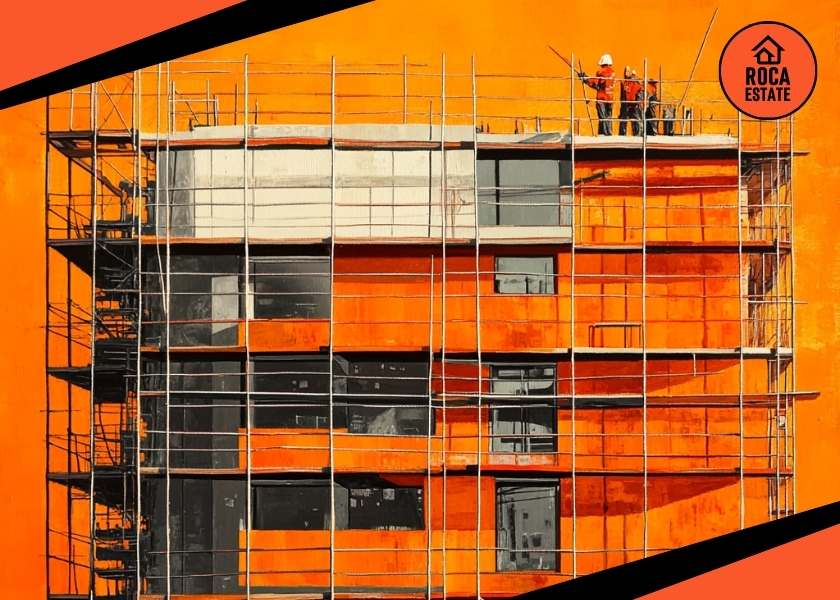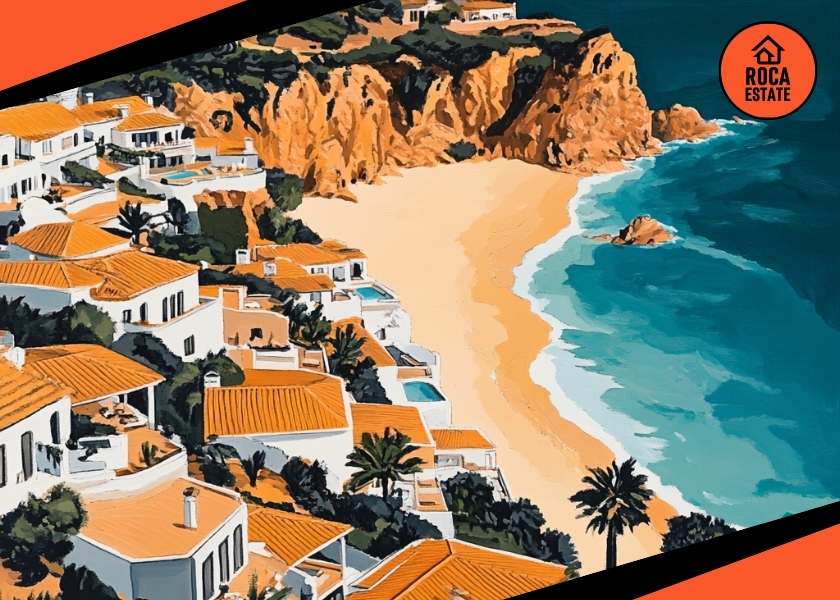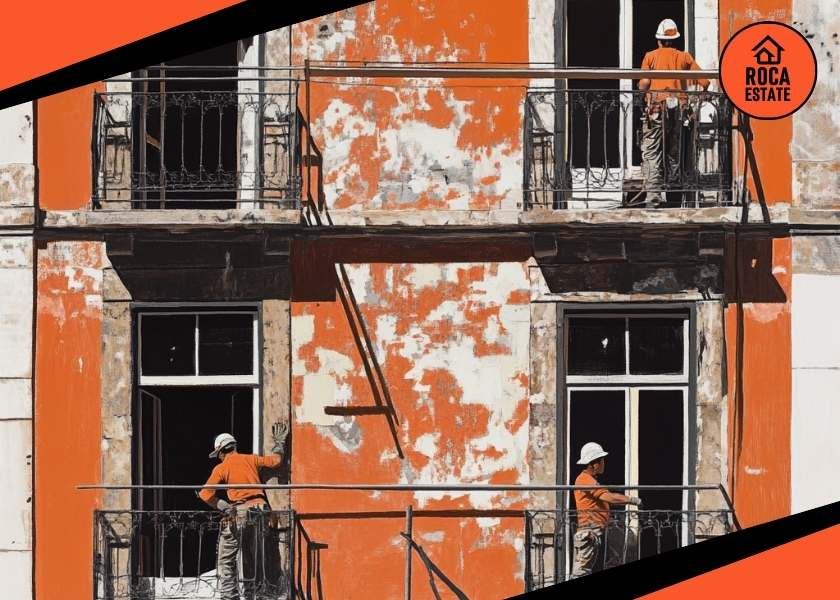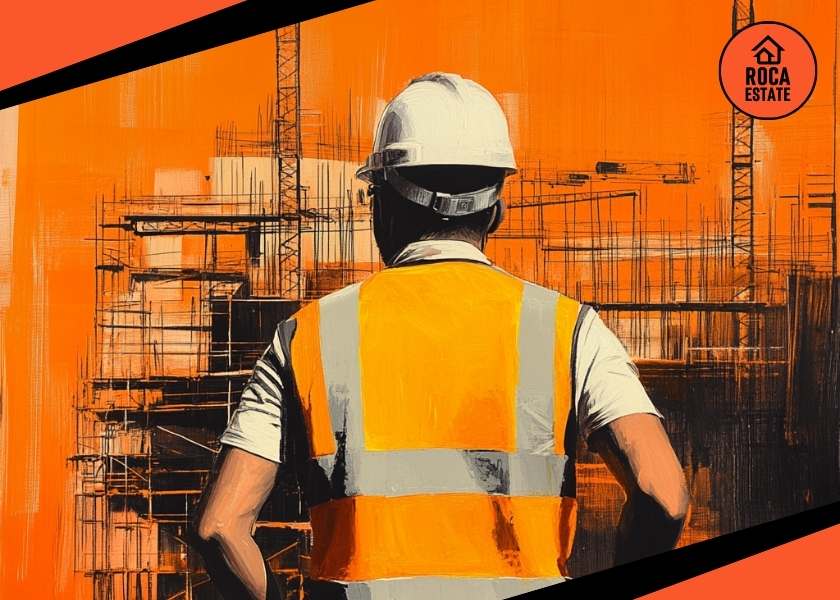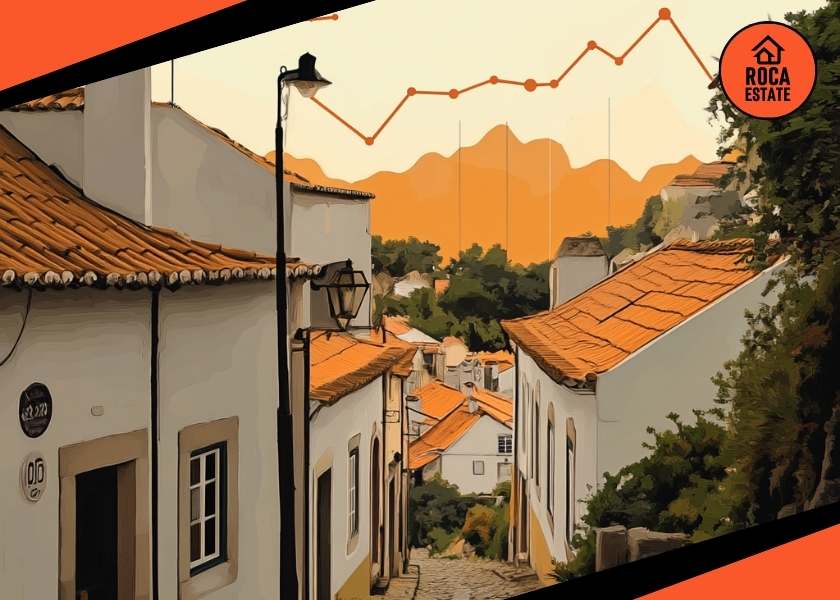
Interactive brokers today represent more than just trading platforms—they are essential intermediaries in a global investment ecosystem, connecting capital with opportunity across asset classes. As investor appetite shifts toward tangible assets and portfolio diversification, the role of interactive brokers has expanded to include specialized firms, advisors, and local market experts. This is especially true in real estate, where informed decision-making requires not just access, but precise local knowledge, legal clarity, and operational execution.
In Europe, Portugal has become a focal point for international capital flows into commercial real estate. Its political stability, investor-friendly regulations, and growing tourism economy have positioned it as a competitive market for high-yield property investments. For foreign investors seeking a secure entry point, partnering with a professional real estate investment company like Roca Estate ensures a streamlined and strategic process to buy a property in Portugal. Acting as a modern interactive broker, Roca Estate bridges global investors with the country’s most promising commercial opportunities.
The Role of Interactive Brokers in Modern Investment

In today’s complex financial landscape, the role of interactive brokers has evolved significantly. Traditionally associated with access to equities, bonds, and derivatives, brokers now serve as strategic partners for investors seeking exposure to a broader range of assets. The increasing demand for portfolio diversification — driven by market volatility, inflation concerns, and geopolitical uncertainty — has pushed investors to explore real assets such as commercial real estate. In this context, interactive brokers are no longer just transaction facilitators. They are professional advisors and intermediaries that connect investors to high-quality opportunities in unfamiliar markets.
Real estate investments, especially in foreign jurisdictions, require a deep understanding of local regulations, tax structures, property cycles, and economic indicators. Interactive brokers, when functioning as real estate investment companies, bring together financial insight and operational expertise to fill this knowledge gap. Their role is essential in structuring deals, mitigating risk, and aligning investments with the strategic goals of the client.
Key advantages of working with an interactive broker in real estate include:
- Access to off-market deals and institutional-grade assets
- Accurate market data and performance benchmarks
- Legal and regulatory guidance tailored to foreign investors
- Portfolio diversification through exposure to stable, income-generating properties
For cross-border investors, especially in markets like Portugal commercial real estate, interactive brokers are indispensable in navigating the local investment environment and maximizing long-term returns.
Why Portugal Appeals to Global Investors

Portugal stands out as an increasingly attractive destination for real estate investment, especially in the commercial property market. As a stable EU and Eurozone member, it offers consistent regulatory frameworks and investor protections, creating solid conditions for foreign entities seeking to buy a property in Portugal.
Tourism remains one of the most powerful engines behind demand for commercial real estate. In 2024, Portugal welcomed approximately 31.6 million guests, including 19.4 million foreigners, marking a growth of 5.1% in total guests and 6.3% in international arrivals compared to the prior year. Overnight stays rose by 4.1%, and tourism receipts reached €27.7 billion, an increase of 8.8% over 2023 (Tourismo de Portugal). These numbers underscore both strong visitation and economic intensity — key drivers for retail, hospitality, and mixed-use property sectors.
On the yield front, Portugal presents competitive opportunities: as of late 2024, prime yields were approximately 5.00% for offices and 5.75% for logistics, with high-street retail around 4.50% and shopping centres 6.25% (Cushman & Wakefield). These figures highlight better returns compared to many Western European markets.
Prominent geographic hubs include:
- Lisbon – The country’s economic and tech center, with rising demand for modern offices amid ongoing infrastructure development.
- Porto – Experiencing strong growth across logistics and industrial segments, supported by urban renewal and efficient transportation networks.
- Algarve – A top-tier tourism destination, whose sustained visitor traffic elevates the value proposition for hospitality and retail assets
Given these dynamics — record tourism, solid returns, and vibrant urban markets — Portugal commercial real estate offers compelling, stable investment prospects for global capital looking to diversify with tangible assets.
Interactive Brokers and Tangible Assets

In the evolving investment landscape, interactive brokers increasingly serve as vital pathways to tangible, income-generating assets — far beyond mere financial instruments. While publicly traded securities offer liquidity and ease of access, real estate stands out as a real, inflation-resilient asset class, especially appealing during periods of market volatility or inflationary pressures. Navigating these markets demands professional insight. As a real estate investment company, Roca Estate exemplifies this interactive-broker role, guiding investors toward tangible asset opportunities in the Portugal commercial real estate ecosystem.
Real estate’s attractiveness rests on several core advantages:
| Asset Class | Volatility | Income Potential | Inflation Hedge | Liquidity |
| Stocks/ETFs | High | Variable | Moderate | High |
| Bonds | Low | Low to Medium | Low | High |
| Commercial Real Estate | Moderate | High | Strong | Moderate to Low |
This table highlights why tangible assets like property deliver stable yields and value preservation, particularly compared to bonds or equities. Real estate, unlike paper assets, can withstand inflation through mechanisms like rent escalation and value appreciation (Roca Estate, Repositorio).
Key benefits of investing via interactive brokers in tangible assets include:
- Inflation protection: Commercial real estate often offers built-in hedging through lease structures and rent indexing. A study found that commercial real estate provides partial to full inflation protection, depending on the inflation type (MDPI).
- Fixed-debt leverage: With fixed-rate mortgages, property owners benefit when inflation reduces the real cost of debt, while rents and valuations rise (Ignite Funding).
- Portfolio diversification: Real estate often has low correlation with equities and bonds, reducing overall risk exposure (Investopedia).
- Tangible utility and control: Investors gain physically valuable assets and can actively enhance value through asset management or renovation, unlike more abstract financial instruments (FCIQ).
However, investing in tangible assets isn’t without challenges. Risks include reduced liquidity, higher transaction costs, and the need for deeper local expertise — a combination that underscores the importance of having a dedicated real estate investment company as your interactive broker. Roca Estate brings the essential local knowledge, legal acumen, and asset-management capabilities to ensure tangible real estate investments are both strategic and secure.
By helping investors bridge access to high-quality, tangible assets, Roca Estate positions itself as a pivotal partner enabling global capital to flow confidently into Portugal’s commercial real estate market.
The Value of Working with a Real Estate Investment Company
For international investors, entering the Portugal commercial real estate market can be complex. Beyond identifying profitable assets, investors must navigate legal frameworks, tax regimes, and local business practices. This is where partnering with a real estate investment company becomes indispensable. By acting as an interactive broker, such a firm provides expertise, market intelligence, and operational support that mitigate risks and enhance investment outcomes.
Key advantages of working with a professional partner like Roca Estate include:
- Local Market Expertise: In-depth knowledge of zoning, tenant demand, and yield performance ensures better decision-making.
- Risk Management: Comprehensive due diligence, legal checks, and compliance reduce exposure to unforeseen liabilities.
- Strategic Portfolio Building: Guidance in selecting asset classes — offices, logistics, retail, or hospitality — aligned with investor goals.
- Transactional Support: Professional negotiation, acquisition structuring, and financing solutions.
- Post-Acquisition Services: Asset management, reporting, and property operations for absentee owners.
By combining global investment insight with local execution, Roca Estate functions as the bridge between investors and Portugal’s high-performing real estate market, ensuring secure and efficient transactions.
How to Buy a Property in Portugal as a Foreign Investor

Purchasing a commercial property in Portugal as a non-resident is a streamlined and transparent process — yet it demands accurate execution to ensure a legally sound and profitable investment. This structured pathway illustrates how Roca Estate, as a real estate investment company, can expertly navigate international investors through each step.
1. Obtain a Portuguese Tax Number (NIF)
All legal and financial transactions — including property purchases — require a NIF (Número de Identificação Fiscal). Foreign investors can apply in person or authorize a representative, such as a lawyer, to obtain it on their behalf.
2. Open a Portuguese Bank Account
Essential for property-related payments, the account requires NIF and identity verification. Having a local account also simplifies ongoing property expenses.
3. Search and Shortlist Assets
Utilize professional guidance to identify suitable Portugal commercial real estate investments. Real estate investment companies like Roca Estate provide insight into market trends, yield comparisons, and off-market opportunities.
4. Conduct Comprehensive Due Diligence
Due diligence—including title verification, zoning analysis, permit confirmation, and registry checks—is ideally executed by legal professionals to eliminate legal risks.
5. Sign Promissory Contract (CPCV) & Deposit
Once terms are agreed, the buyer signs a Promissory Contract (Contrato de Promessa de Compra e Venda) and typically pays a 10–30% deposit. Legal representation ensures favorable terms and clarity.
6. Pay Transfer Taxes & Prepare Final Deed
Before notarization, property transfer taxes — IMT (ranging approximately from 1% to 8%) and stamp duty — must be paid. Once settled, the final deed (Escritura) is signed before a notary, formalizing ownership.
7. Register Ownership
After deed execution, registration at the Land Registry finalizes legal ownership—typically within a few days to a week.
8. Post-Acquisition Management
Foreign investors benefit from post-acquisition services — property management, financial reporting, and tenant oversight — which Roca Estate seamlessly provides, enhancing transparency and asset performance.
Following this structured process, foreign investors can smoothly buy a property in Portugal, while minimizing risks and optimizing returns — especially when guided by a professional and experienced real estate investment company like Roca Estate.
Conclusion
The concept of interactive brokers has evolved beyond financial markets to encompass specialized intermediaries who connect global investors with tangible, stable assets such as real estate. In this context, Portugal has emerged as one of Europe’s most attractive markets, combining political stability, resilient tourism, and competitive yields across its commercial property sector. For international investors seeking diversification and long-term value, Portugal commercial real estate offers a reliable entry point into a high-performing asset class.
Successfully navigating this market, however, requires more than access — it demands local expertise, legal clarity, and risk management. A trusted real estate investment company like Roca Estate acts as the bridge between international capital and Portugal’s dynamic property market, ensuring efficient transactions and sustainable returns.
Contact Roca Estate today to discuss tailored real estate investment Portugal strategies and discover how to buy a property in Portugal with confidence and precision.

